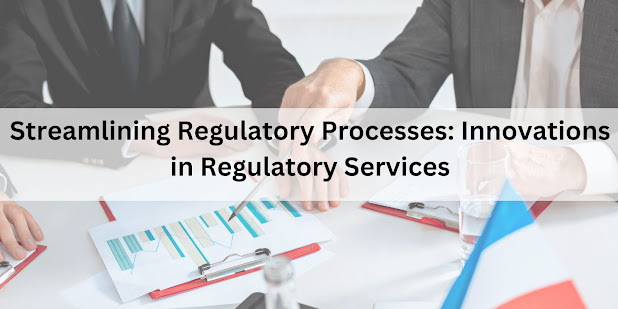Strategies for Selecting the Right Medical Writing Services to Avoid Common Mistake

Selecting the right medical writing services provider is a critical decision for pharmaceutical companies looking to streamline their drug development processes. With the complexity of regulatory services requirements and the need for high-quality documentation, outsourcing Medical Writing Services has become a strategic choice. To ensure the success of this partnership, sponsors should carefully evaluate potential providers based on several key criteria. Here, we outline eight essential factors to consider when selecting a medical writing service provider: 1. Types of Services Offered : Determine whether the provider specializes in medical writing as a core competency or if it's an ancillary service. Look for a company with experienced medical writers who have a broad range of document expertise across various indications such as Risk Management Plans, Clinical Trial Applications in eCTD format (IND, CTA, and IMPD), pharmacovigilance services in USA including Individual Case S...


